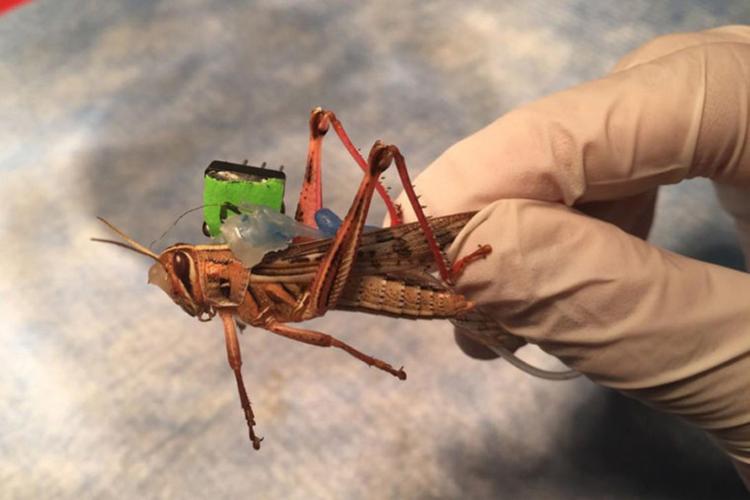

The United Nations Food and Agriculture Organisation has made "significant" gains against desert locust infestations in East Africa and Yemen despite the Covid-19 pandemic and food scarcity in the region, FAO director-general Qu Dongyu, said on Monday.
"Our gains have been significant; but the battle is long and is not yet over," Qu said on the release of a new progress report.
"More people are at risk of losing their livelihoods and worsening food security in the coming months," Qu added.
But more needs to be done to prevent a crisis as the ongoing rainy season not only provides livelihoods for farmers and pastoralists but also favourable conditions for the highly destructive locusts to breed, the report warned.
A total 720, 000 tonnes of cereal, enough to feed five million people a year, have been saved in ten countries by preventing the spread of desert locusts and damage to many more hectares. An extra 350, 000 pastoral households have been spared from distress thanks to FAO-backed locust control operations according to preliminary FAO reports.
While swathes of treated land are now relatively free from the voracious pest, the first wave of swarms has reproduced and a second wave of locusts will transition from juveniles to the young adult stage in June, taking flight at a critical time when many farmers in East Africa prepare to harvest their crops.
The current upsurge is especially alarming in the broader Eastern Africa region, with recently released forecasts from the Global Report on Food Crises indicating that over 25 million people will face severe food insecurity in the region in the second half of 2020,FAO said.
An additional 17 million people face acute food scarcity in Yemen, where locusts have been reproducing in hard-to-access inland areas, said FAO, noting that these estimates do not take account of Covid--19's impact on the famine-prone region.
"We can and must protect vulnerable people from the impact of multiple crises: conflicts, climate extremes, desert locusts and COVID-19, which threaten to cause a further dramatic deterioration in their food security," Qu said.
"To do this, we need to intensify our efforts further and focus not just on controls but on supporting the livelihoods of farmers and pastoralists so they can get through this," Qu underlined.
Since FAO launched its desert locust response in January, its appeal has been $130 million funded, the report said. However, funding has concentrated on locust control activities and much more backing for livelihoods support activities is needed.
While locust control and surveillance operations are led by national governments, FAO is providing critical support in the form of pesticides, bio-pesticides, equipment, aircraft and training.
So far this year, more 365,000 hectares have been controlled in the ten countries covered by the FAO's desert locust response appeal. Launched in January, the appeal has so far received $130 in funding, the UN agency said.
While governments keep expanding their efforts to control the current upsurge with FAO's support, conditions remain very favourable for locust reproduction and will require sustained efforts also in other countries, said the agency.
In the coming weeks, FAO expects to extend the appeal to Iran and Pakistan, which are also facing with locust infestations and to step up preparedness efforts in the Africa's Sahel region which might also be affected, the agency said.
The desert locust is considered the most destructive migratory pest in the world and a single swarm covering one square kilometre can contain up to 80 million locusts, FAO stated.
FAO's Desert Locust appeal currently covers ten countries - Djibouti, Eritrea, Ethiopia, Kenya, Somalia, South Sudan, Sudan, Uganda, Tanzania and Yemen.